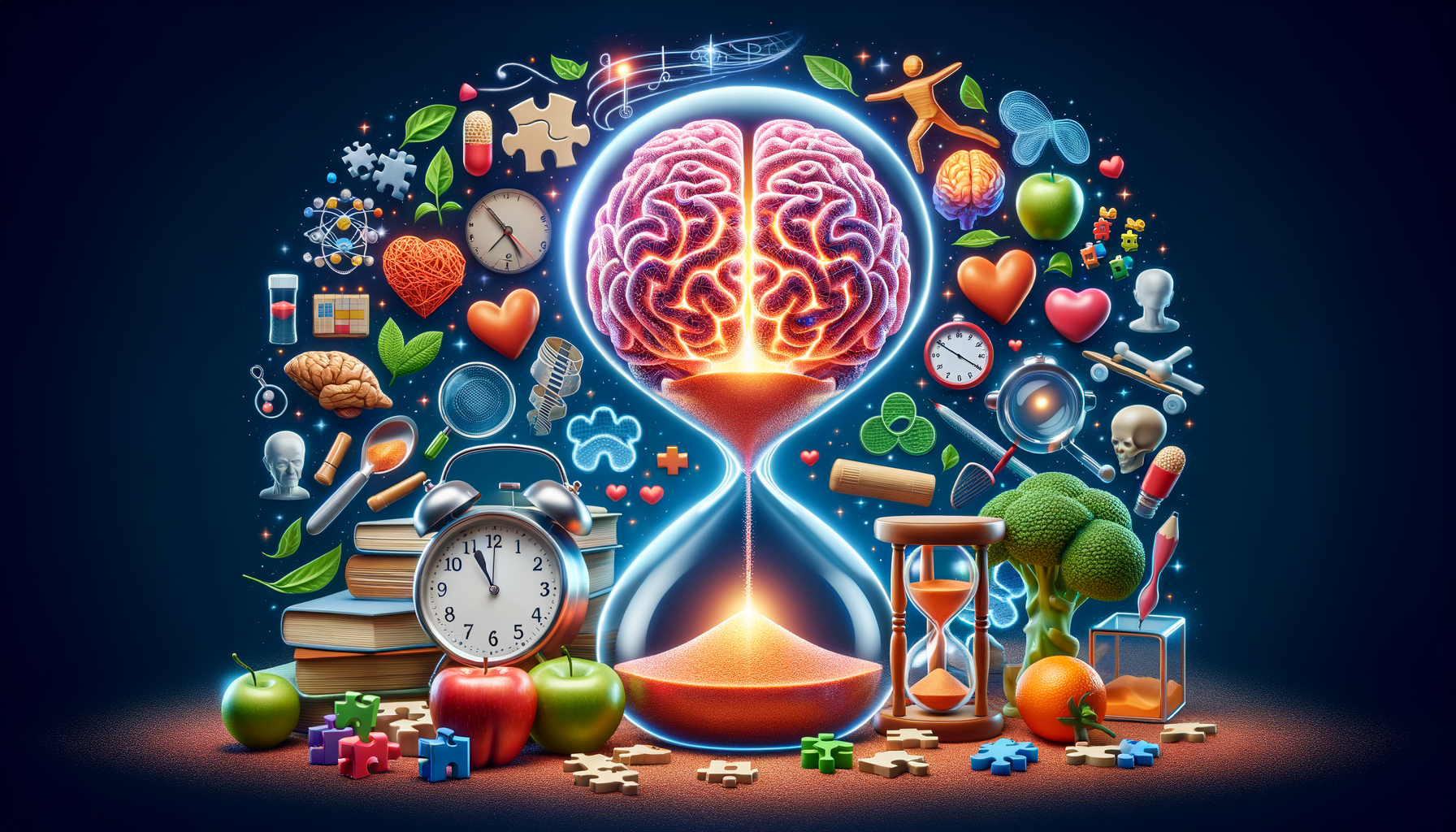Ways to Support Mental Acuity in Older Age
Can the mind continue to thrive as the years pass? Maintaining sharpness as one matures is a topic of considerable interest. Exploring supportive practices can offer valuable insights into this process.

Effective Lifestyle Changes to Enhance Mental Acuity in Older Age
As we age, maintaining mental acuity becomes increasingly important. Fortunately, there are various lifestyle changes that can significantly enhance cognitive function in older adults. One of the most impactful changes is adopting a regular physical exercise routine. Engaging in activities such as walking, swimming, or yoga not only benefits physical health but also boosts brain health by increasing blood flow to the brain and promoting the growth of new neural connections.
Social engagement is another crucial factor. Staying connected with family, friends, and community can help ward off cognitive decline. Participating in group activities, volunteering, or simply maintaining regular contact with loved ones can provide the mental stimulation necessary to keep the brain sharp. Additionally, managing stress through mindfulness practices such as meditation or deep-breathing exercises can improve mental clarity and reduce the risk of cognitive impairment.
Quality sleep is essential for brain health. Ensuring a regular sleep schedule and creating a restful environment can enhance memory and concentration. Furthermore, avoiding tobacco and limiting alcohol consumption are vital lifestyle choices that contribute to maintaining mental acuity in older age.
Nutritional Approaches to Boost Mental Acuity for Seniors
Nutrition plays a pivotal role in maintaining cognitive health. A balanced diet rich in essential nutrients can significantly boost mental acuity for seniors. Omega-3 fatty acids, found in fish such as salmon and sardines, are known to support brain health. These healthy fats are crucial for brain function and can help reduce inflammation that may lead to cognitive decline.
Antioxidants found in fruits and vegetables, particularly berries and leafy greens, protect the brain from oxidative stress. Vitamins and minerals such as vitamin E, vitamin B12, and folate are also essential for maintaining cognitive function. Incorporating whole grains, nuts, and seeds into the diet can provide these vital nutrients.
Hydration is often overlooked but is equally important for brain health. Dehydration can impair concentration and memory, so it’s important for seniors to drink adequate amounts of water throughout the day. Reducing the intake of processed foods, sugars, and unhealthy fats can prevent inflammation and promote overall brain health.
Cognitive Exercises and Activities to Maintain Mental Acuity in Older Age
Engaging in cognitive exercises and activities is a powerful way to maintain mental acuity in older age. Puzzles such as crosswords and Sudoku, as well as strategy games like chess, can stimulate the brain and enhance problem-solving skills. These activities challenge the brain and help to form new neural pathways, which can improve memory and cognitive function.
Learning new skills or hobbies is another effective way to keep the brain active. Whether it’s learning a new language, playing a musical instrument, or taking up painting, these activities require mental effort and can significantly boost cognitive health. Additionally, memory exercises, such as memorizing poetry or practicing recall techniques, can help improve memory retention.
Technology also offers a variety of tools to support cognitive health. Apps and online games designed to challenge the brain can be both entertaining and beneficial. However, it’s important to balance screen time with other activities to ensure a well-rounded approach to maintaining mental acuity in older age.